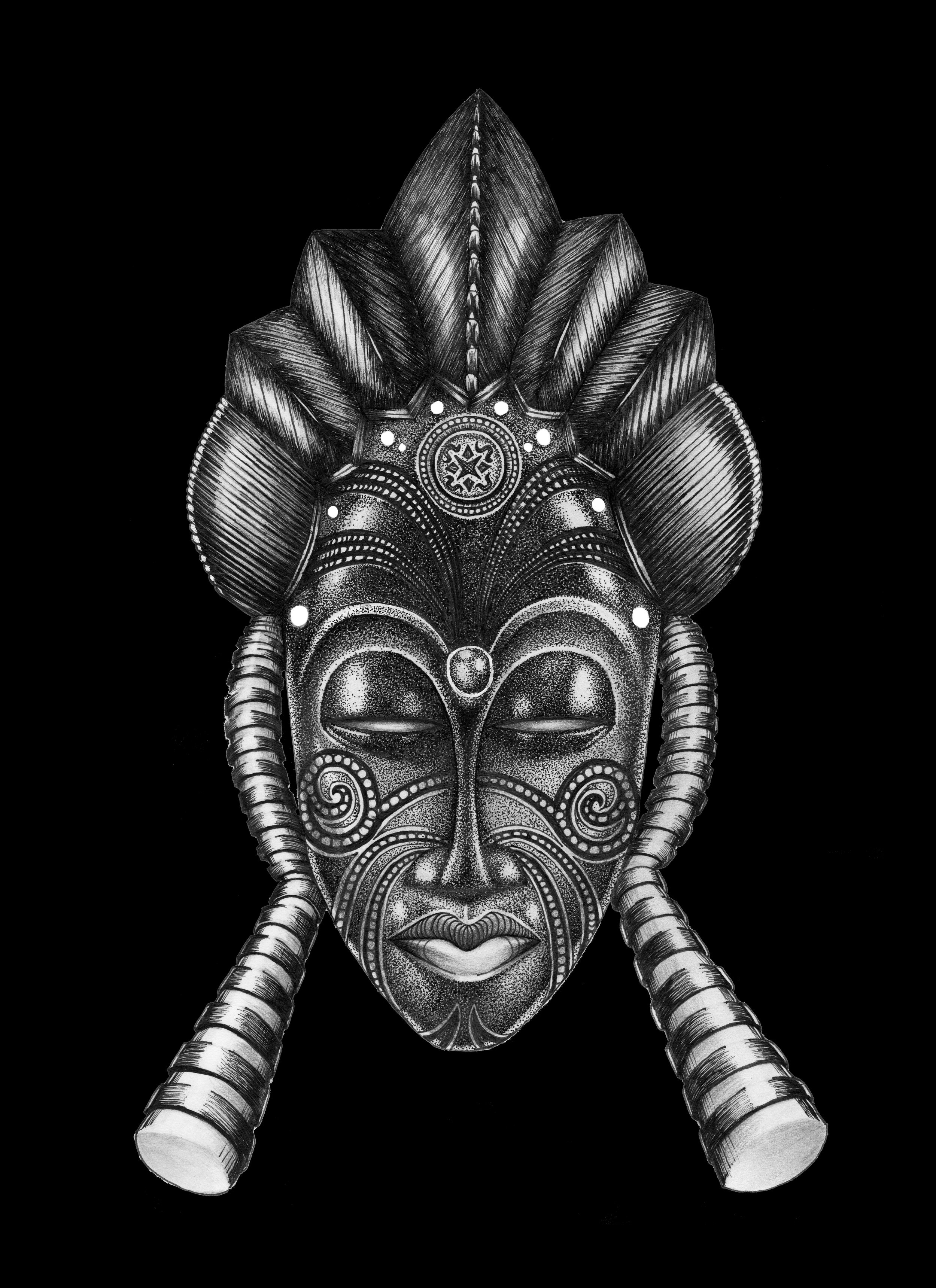7 General Rules of Conduct for Otutu Alusi in Igbo Spirituality
Otutu Alusi can simply be described as the act of bringing a dispute or conflict to be judged by a local community deity, also known as Alusi. This practice is used when two or more parties seek spiritual resolution to their conflicts. The deity is summoned on the case to act as an impartial judge, to make sure that truth and justice prevail in accordance with cosmic balance.
Otutu Alusi is usually pursued when matters cannot be resolved through ordinary mediation or when someone believes that only divine intervention can bring about justice. Once a case is taken to the deity, both parties must observe strict rules of conduct to maintain spiritual integrity and avoid attracting negative repercussions. We’ve made a list of some of the general rules that govern interactions between those involved in Otutu Alusi, below.
General Rules of Conduct for Otutu Alusi
No Eating or Drinking Together: After bringing a case to the Alusi, both parties must refrain from eating or drinking together. Sharing meals symbolizes unity and friendship, which would contradict the serious nature of the spiritual dispute. This rule ensures that both parties remain neutral and distanced, allowing the deity to judge the case impartially without interference from reconciliatory gestures.
Why it Matters: The spiritual process requires clarity and separation. Eating or drinking together can dilute the energy of the case and undermine the role of the deity in determining justice.
No Intimacy Between Parties: The parties involved must avoid both direct and indirect intimacy. This means they must not engage in romantic or sexual relations, either with each other or by being involved with the same partner.
Why it Matters: Intimacy creates emotional bonds that can compromise the fairness and seriousness of the spiritual judgment. Any involvement of shared romantic interests introduces spiritual contamination, potentially disrupting the divine resolution.
No Marriages Between Families: One of the more serious rules is that neither party can marry into the other’s family. Marriage signifies unity and connection, which is prohibited between families that have unresolved spiritual disputes.
Why it Matters: Otutu Alusi draws a clear boundary between conflicting parties. Allowing marriages would not only complicate the conflict but could also extend the tension into future generations.
No Pity or Sympathy for the Other Party: Even after the deity renders a verdict, both parties are forbidden from feeling sorry or sympathetic for each other. The focus must remain on justice, not emotions.
Why it Matters: Showing pity may appear as an attempt to bypass the judgment of the deity. In the eyes of the Alusi, emotions such as pity could interfere with the spiritual process, leading to unresolved karmic consequences.
No Intimacy Between Families or Their Children: The families of both parties must maintain their distance. Children and family members cannot engage in friendships or romantic relationships.
Why it Matters: This rule ensures that the spiritual boundaries created by the Alusi are respected across generations. It prevents disputes from re-emerging and ensures lasting peace by avoiding emotional entanglements between the two families.
No Physical Violence or Assault After the Case: Once a case has been presented to the deity, physical confrontations or revenge against the other party are strictly forbidden.
Why it Matters: The purpose of Otutu Alusi is to ensure that the matter is resolved spiritually, with the judgment of the deity being final. Seeking revenge or engaging in physical violence dishonors the sacred process and could invoke further spiritual consequences.
No Further Legal Action After Reporting to the Alusi: Once a person has taken their case to the Alusi, they cannot take the same matter to a court of law. This reflects a principle of trust in the deity’s judgment and the spiritual process.
Why it Matters: Otutu Alusi requires absolute commitment to the decision of the deity. Taking the same matter to a secular court would show a lack of faith in the divine resolution and could result in spiritual penalties or misfortune.
Final Thoughts
Otutu Alusi is a sacred mechanism that ensures disputes are resolved according to spiritual laws, with the Alusi acting as the ultimate arbiter of justice. Participants honor the deity’s authority and maintain spiritual balance by following the rules of conduct outlined above, when they engage such a medium for arbitration.
This practice encourages practitioners to approach conflict resolution with humility, patience, and trust in higher powers, knowing that the judgment rendered is beyond human manipulation. It also emphasizes the importance of boundaries, not just between the disputing parties but between their families and future generations, to make sure that peace is preserved long after the conflict is resolved.
Challenge for the Reader
Even if you are not engaged in Otutu Alusi, consider adopting some of its principles in your daily life. Reflect on your relationships:
Are you holding grudges or unresolved conflicts with anyone?
What steps can you take to release the tension and promote genuine resolution?
This week, try to resolve at least one conflict by being fair and honest, trusting that the universe will support you in creating harmony. Just as the Alusi guides justice, you too can act as a force of peace in your own life.
Recommended Resources:
Many families never know where their problems are coming from | Mmili Enweilo Okalakwu (YouTube)
Itu-Alusi—What does it mean to be summoned before an Igbo deity and how to handle this summon | Igbo Shrine (YouTube)




